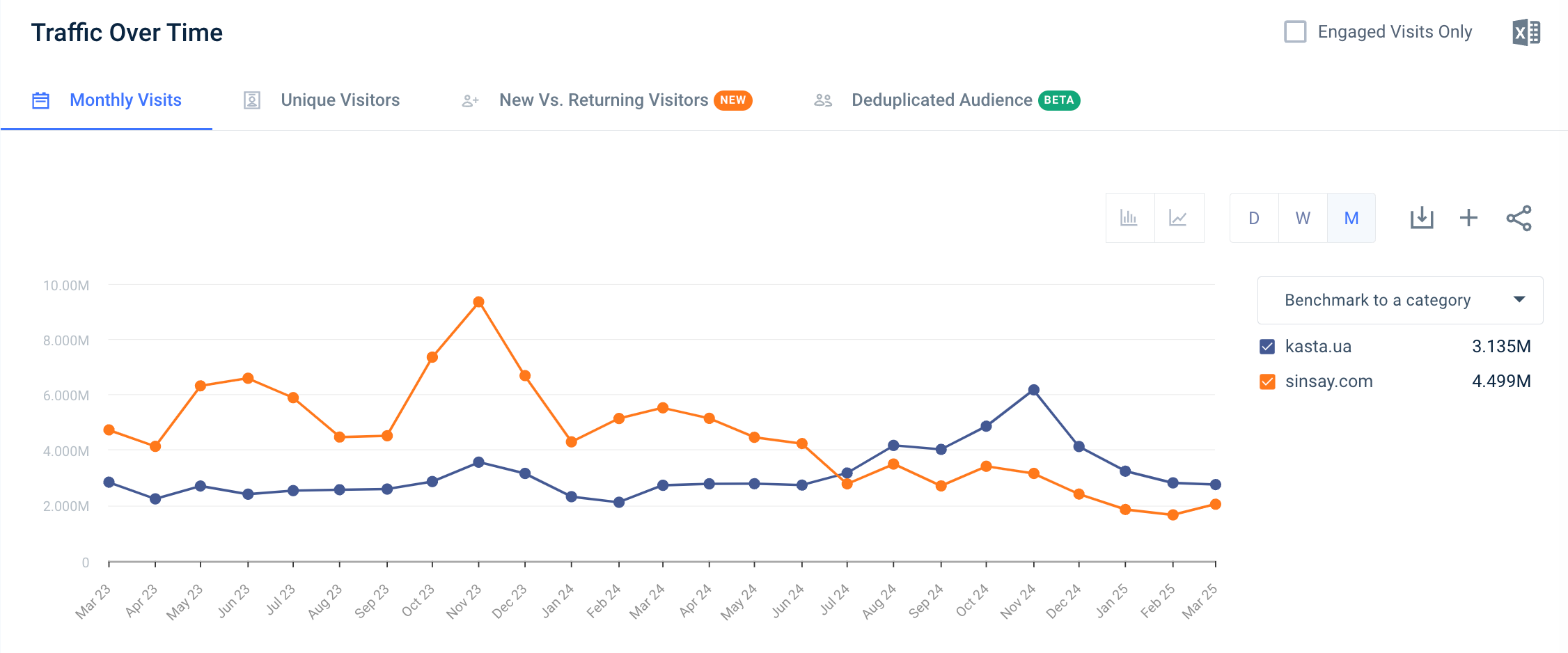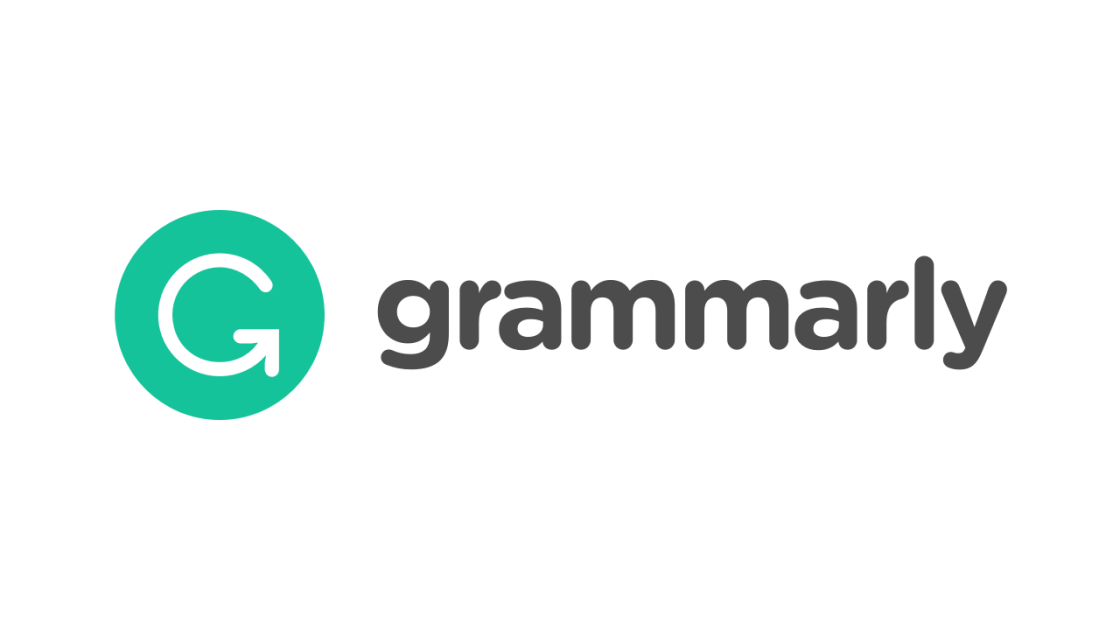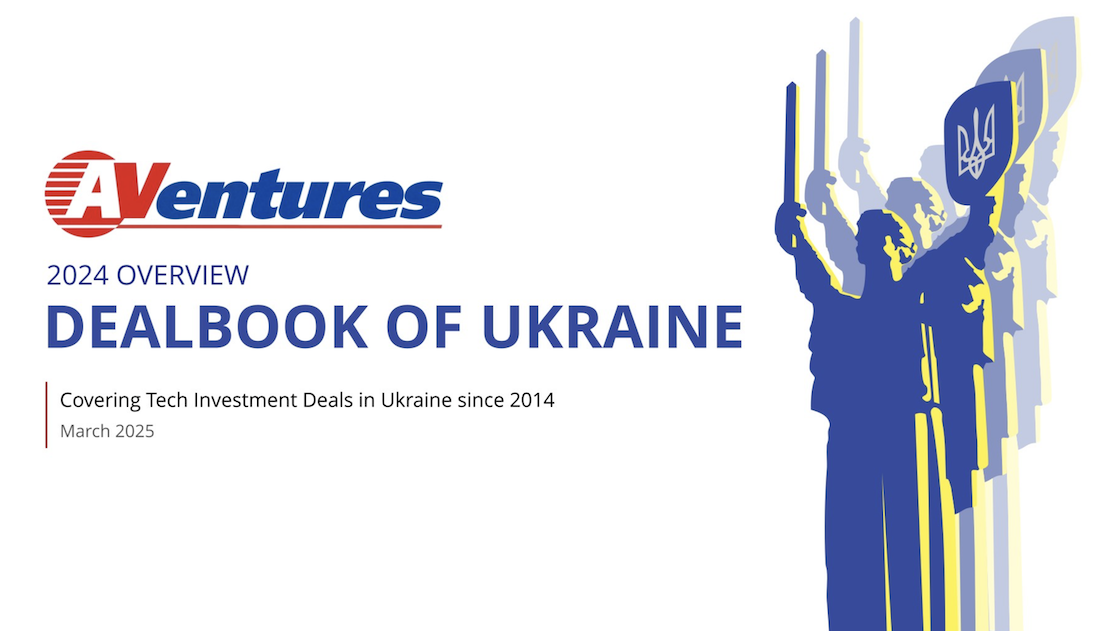Investments from DCH Are an Opportunity for Kasta: What We Know About the Deal
On the first day of May, it was revealed that the Antimonopoly Committee of Ukraine had granted permission for the DCH holding, owned by Ukrainian entrepreneur Oleksandr Yaroslavsky, to acquire a stake in Andriy Logvin’s Ukrainian marketplace, Kasta. The deal, long considered an open secret, has been in the works since 2024, when both sides agreed to cooperate and began working together. But why is this deal important for both Kasta and DCH?
Kasta’s Business
Market participants — from retailers to investment bankers — are unanimous: the deal with DCH is crucial for Kasta. Logvin openly admits that the full-scale invasion placed the company in an extremely difficult position, pushing it to the brink of closure. «In August 2022, I was already writing a farewell letter to my employees,» he says.
Restarting operations was difficult, and compared to 2021, Kasta’s performance declined throughout the subsequent years of war. According to Logvin, the downward trend reversed in 2024 — and that’s when Yaroslavsky and DCH entered the picture.
«The arrival of DCH gave the company a new lease on life, and Kasta began growing again thanks to a strong partner with capital,» says a source from Scroll.media who requested anonymity due to their involvement in a business area related to Kasta.
DCH did not respond to a request for comment on the partnership.
One insider notes that DCH didn’t just invest — it committed to a long-term partnership with Kasta. «We were talking about impressive figures: tens of millions to be invested in the company over the next few years,» says an investment banker who also asked to remain anonymous.
This level of investment may sound high until you compare it to the competition. Logvin points out that foreign players like Sinsay and Temu spend millions of euros monthly on advertising in Ukraine. Another ongoing issue is the ability to avoid VAT on goods worth up to €150.
Meanwhile, Kasta, primarily associated with fashion commerce, faces another challenge: it appears that Shein has entered the Ukrainian market. This Chinese ultra-fast fashion giant has already disrupted Inditex (the group behind Zara and others) globally and is known for massive marketing budgets — similar to Temu.

In this context, DCH’s significant investment is a strategic move. Kasta has also proven it can compete: according to Promodo’s reports in 2024 and 2025, the company’s app ranked among the top downloads among Ukrainian users.
Value of the Deal
No one in the market is ready to say how much the deal was worth.
«Fashion commerce and e-commerce in general is no longer an easy industry to break into — or, in Kasta’s case, to return to. We’re observing a broad downward trend, including due to population decline and the overall economic situation in Ukraine. Many players simply don’t know what to do; some grow only as others shrink or vanish. So how much could a company like Kasta really be worth in a market like this, especially after the hardships it has faced since the full-scale invasion?» a source comments.
Indeed, the fashion sector is facing tough times: average order values — both in hryvnias and in dollars — declined throughout 2024. At the same time, competition from Temu, the Answer group, and Sinsay remains intense, and advertising is becoming increasingly expensive. On the upside, the number of people buying clothing online is growing. Logvin has repeatedly said he wants to earn through volume — and this trend works in his favor.
Another reason the deal is hard to evaluate is Dragon Capital. This is another of the market’s «open secrets,» where everyone seems to have their own version of the truth. Some say the investment firm was only a creditor, while others — including some company employees — claim Kasta actually belonged to them. When asked about the relationship between Dragon Capital and Kasta, a representative of the investment firm said that the full-scale invasion had changed the situation, but «as of 2024, the cooperation ended by mutual agreement, with no outstanding claims.»
One major retailer adds that Dragon Capital had long been weighing its options regarding Kasta — how to find a partner or investor who could help the company grow. DCH turned out to be the perfect fit.
«The deal went through without any cash involved. According to my information, Dragon Capital and DCH exchanged assets. DCH received Kasta, as it believes in Andriy Logvin’s ability to build a strong business through additional investment — in return, giving up an asset that brought no value to the holding. What asset are we talking about? Just look at Dragon Capital’s core business, and it becomes clear,» a source told Scroll.media, speaking on condition of anonymity due to the sensitivity of the matter.
For Yaroslavsky and DCH, Kasta marks their second investment of this kind: back in 2021, they acquired LeBoutique from its previous owners. At the time, the fashion marketplace was already struggling to adapt to a changing market. The holding continued to support the business for the next four years — until the winter of 2025. The company is currently on pause, and it’s unclear whether this is connected to the Kasta deal.
Investments from DCH Are an Opportunity for Kasta: What We Know About the Deal
On the first day of May, it was revealed that the Antimonopoly Committee of Ukraine had granted permission for the DCH holding, owned by Ukrainian entrepreneur Oleksandr Yaroslavsky, to acquire a stake in Andriy Logvin’s Ukrainian marketplace, Kasta. The deal, long considered an open secret, has been in the works since 2024, when both sides agreed to cooperate and began working together. But why is this deal important for both Kasta and DCH?
Kasta’s Business
Market participants — from retailers to investment bankers — are unanimous: the deal with DCH is crucial for Kasta. Logvin openly admits that the full-scale invasion placed the company in an extremely difficult position, pushing it to the brink of closure. «In August 2022, I was already writing a farewell letter to my employees,» he says.
Restarting operations was difficult, and compared to 2021, Kasta’s performance declined throughout the subsequent years of war. According to Logvin, the downward trend reversed in 2024 — and that’s when Yaroslavsky and DCH entered the picture.
«The arrival of DCH gave the company a new lease on life, and Kasta began growing again thanks to a strong partner with capital,» says a source from Scroll.media who requested anonymity due to their involvement in a business area related to Kasta.
DCH did not respond to a request for comment on the partnership.
One insider notes that DCH didn’t just invest — it committed to a long-term partnership with Kasta. «We were talking about impressive figures: tens of millions to be invested in the company over the next few years,» says an investment banker who also asked to remain anonymous.
This level of investment may sound high until you compare it to the competition. Logvin points out that foreign players like Sinsay and Temu spend millions of euros monthly on advertising in Ukraine. Another ongoing issue is the ability to avoid VAT on goods worth up to €150.
Meanwhile, Kasta, primarily associated with fashion commerce, faces another challenge: it appears that Shein has entered the Ukrainian market. This Chinese ultra-fast fashion giant has already disrupted Inditex (the group behind Zara and others) globally and is known for massive marketing budgets — similar to Temu.

In this context, DCH’s significant investment is a strategic move. Kasta has also proven it can compete: according to Promodo’s reports in 2024 and 2025, the company’s app ranked among the top downloads among Ukrainian users.
Value of the Deal
No one in the market is ready to say how much the deal was worth.
«Fashion commerce and e-commerce in general is no longer an easy industry to break into — or, in Kasta’s case, to return to. We’re observing a broad downward trend, including due to population decline and the overall economic situation in Ukraine. Many players simply don’t know what to do; some grow only as others shrink or vanish. So how much could a company like Kasta really be worth in a market like this, especially after the hardships it has faced since the full-scale invasion?» a source comments.
Indeed, the fashion sector is facing tough times: average order values — both in hryvnias and in dollars — declined throughout 2024. At the same time, competition from Temu, the Answer group, and Sinsay remains intense, and advertising is becoming increasingly expensive. On the upside, the number of people buying clothing online is growing. Logvin has repeatedly said he wants to earn through volume — and this trend works in his favor.
Another reason the deal is hard to evaluate is Dragon Capital. This is another of the market’s «open secrets,» where everyone seems to have their own version of the truth. Some say the investment firm was only a creditor, while others — including some company employees — claim Kasta actually belonged to them. When asked about the relationship between Dragon Capital and Kasta, a representative of the investment firm said that the full-scale invasion had changed the situation, but «as of 2024, the cooperation ended by mutual agreement, with no outstanding claims.»
One major retailer adds that Dragon Capital had long been weighing its options regarding Kasta — how to find a partner or investor who could help the company grow. DCH turned out to be the perfect fit.
«The deal went through without any cash involved. According to my information, Dragon Capital and DCH exchanged assets. DCH received Kasta, as it believes in Andriy Logvin’s ability to build a strong business through additional investment — in return, giving up an asset that brought no value to the holding. What asset are we talking about? Just look at Dragon Capital’s core business, and it becomes clear,» a source told Scroll.media, speaking on condition of anonymity due to the sensitivity of the matter.
For Yaroslavsky and DCH, Kasta marks their second investment of this kind: back in 2021, they acquired LeBoutique from its previous owners. At the time, the fashion marketplace was already struggling to adapt to a changing market. The holding continued to support the business for the next four years — until the winter of 2025. The company is currently on pause, and it’s unclear whether this is connected to the Kasta deal.




